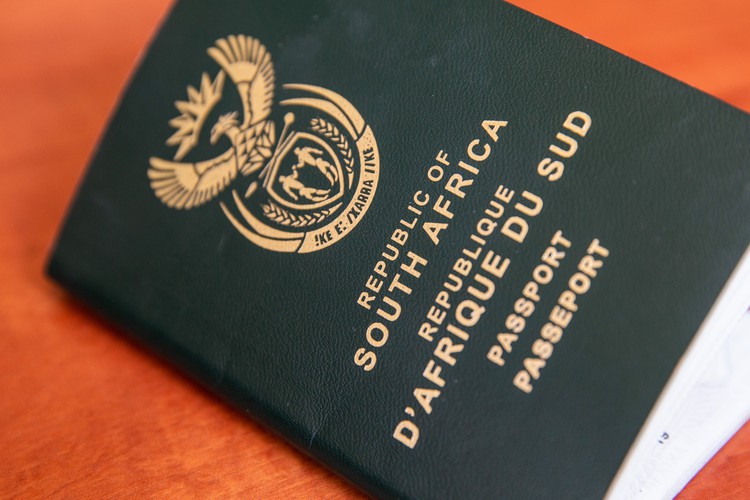
Ebenezer Odei was born in South Africa and has lived here his entire life, but he is not yet a citizen.
26 November 2018
Time is running out for Ebenezer Odei to get the funding he needs to be able to attend university in 2019. Odei is a matric learner at Grassy Park High School. His parents are Ghanaian and came to South Africa in 1996. They were granted permanent residence in 1997. Odei was born in South Africa in 2000 but does not have permanent residence status because his mother claims they were not properly informed by the Department of Home Affairs (DHA) of the required process.
You might think that anyone born in the republic is automatically a citizen, but as Odei’s situation shows, it’s more complicated than that.
Odei said he needs to apply for funding through the National Student Financial Aid Scheme (NSFAS) because his family cannot afford to pay for university. However, to be eligible for NSFAS the applicant must have a South African ID. And to apply for an ID as a foreign national you need a permanent residence permit.
According to DHA spokesperson Thabo Mokgola, Odei’s parents were supposed to take Odei’s handwritten birth certificate to the Ghanaian Embassy to get a passport for him. He said the parents then needed to go back to Home Affairs to get Odei placed on the their files so he could be granted the same status as his parents, that of permanent residence. “When he turns 18 years old, he could then apply for South African citizenship,” said Mokgola.
Odei’s mother Elizabeth said that while they used the handwritten letter to get a Ghanaian passport for Odei, she was not aware they needed to go back to DHA to put him on their files. Instead, they applied for a temporary residence permit for Odei to regularise his stay in the country.
“No one informed me of this process [that they had to ask DHA to put Odei on their files]. I was only fighting to renew the temporary residence permit,” said Elizabeth. She said Odei’s father passed away in 2014 and she cannot afford university fees.
According to Elizabeth they attempted several times without success to renew Odei’s temporary residence permit. Odei said he had to go through lawyers to get a confirmation letter from DHA permitting him to stay in the country. The letter is valid until the end of November 2018.
Mokgola said Odei now has to first legalise his stay in the country by applying for a temporary residence visa before he can apply for a permanent residence permit. He said the average processing time for a permanent residence application is eight months, but that the department can make an exception to expedite an application.
“With matric results normally released in the first week of January, there is [less than] eight weeks left for him [Odei] to gather all the necessary documents for the applications and submit to DHA for processing. Although not an impossible situation the time is very tight for the department to assist,” said Mokgola. However, the closing date for 2019 NSFAS applications is November 30.
“I have been doing very well in my studies and am still hoping to do very well in my final matric examinations,” said Odei, who wants to study accounting. “My hopes are shattered.”